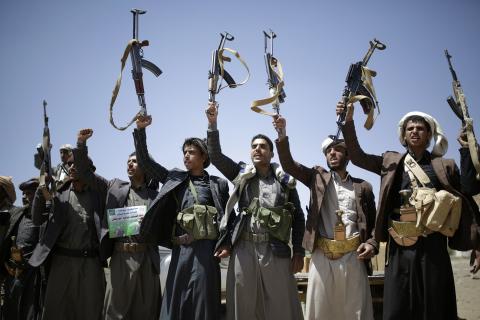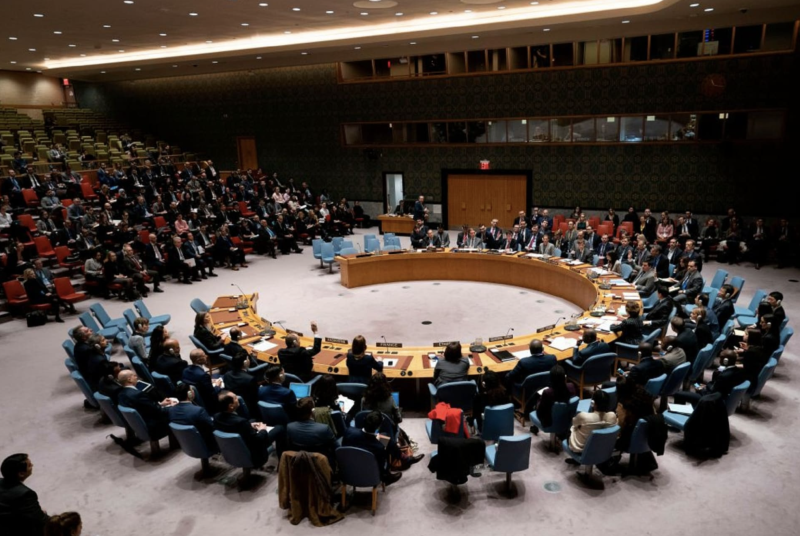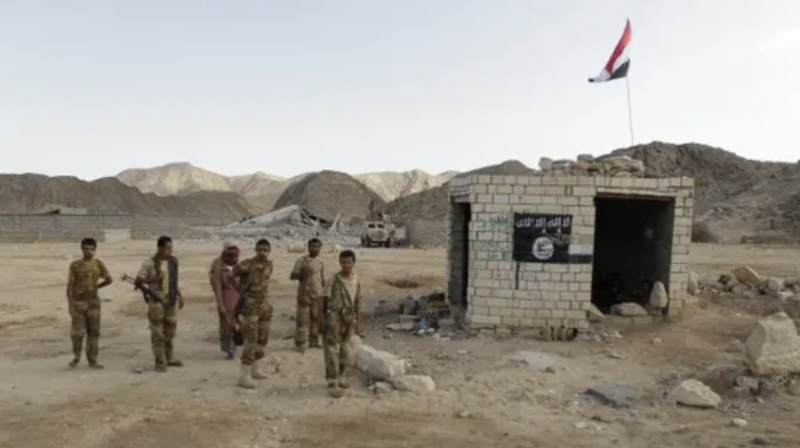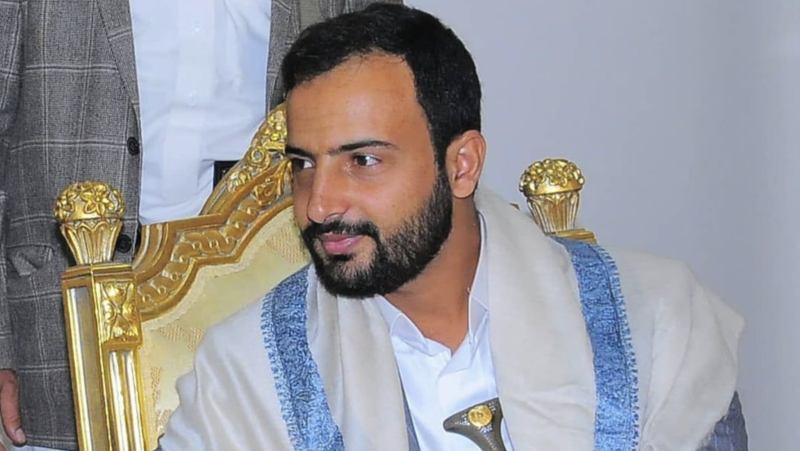Yemen government demands UN transparency after allegations of corruption


Yemen’s internationally recognised government on Tuesday urged the United Nations to disclose the full details of an internal investigation it has launched into allegations of corruption by its staff in the country.
An investigation conducted by the Associated Press found some of the aid workers sent in to Yemen, as five years of civil war created the world's worst humanitarian crisis, have been accused of enriching themselves from the theft of donations of food, medical supplies and money.
The accusations include graft, nepotism and allowing a senior Houthi rebel access to a UN vehicle, according to the investigation.
Furthermore, confidential UN reports found that Houthi authorities often pressure aid agencies into hiring their loyalists, and seek to control their movements by threatening to revoke their visas.
"Since the start of the war the government has warned, various times, about the suspicious role of the UN operations in Houthi-held areas, especially by supporting the rebels and prolonging the conflict," Hamza Al Kamali, Yemen’s deputy youth minister, told The National.
“The AP report revealed shocking information, the UN must disclose full details of what the report found and punish the culprits,” Mr Al Kamali said.
The official questioned how a humanitarian agency can become “more brutal and corrupt” than the rebels.
“The Yemeni government must change the way it deals with these organisations because silence on this issue is a major crime,” he said.
Yemen’s Information Minister, Muammar Al Eryani said that “turning a blind eye” to the looting of aid by the rebels undermines the reputation and credibility of international organisations.
“We urge the UN to declassify these investigations and review their agency's performance in Yemen. They must reveal the outcomes to Yemeni people, to disclose the fate of hundreds of millions of dollars of food, medicines and stolen assistance by the Houthis,” Mr Al Eryani said on Twitter.
The World Health Organisation and children's fund Unicef are looking into allegations of wrongdoing by staff in Yemen.
A Unicef representative told The National that an investigation "with regards to the staff member in question was carried out by a Unicef team that travelled to Yemen and conducted the necessary requirements of the investigation."
"In high-risk environments such as Yemen, additional risk mitigations continue to be put in place, both for prevention purposes and whenever there is an indication of concern," the agency's representative said. The statement did not address the specific allegations of corruption.
More than 24 million Yemenis, who make up 80 per cent of the population, now need some form of humanitarian aid or protection, and as many as half could face starvation if aid agencies don’t reach them with food and other assistance.
Yemeni activists launched an online campaign three months ago called “where is the money” that demanded transparency by the UN’s agencies, Bara Shiban, a Yemeni human rights activist, told The National.“The activists asked the UN to publish their audited reports, however, these agencies did not and today I could see why. The auditing revealed damaging facts,” Mr Shiban said.
Activists demanded the publication of financial statements that shows how they are distributing the aid they receive for Yemen.
The UN responded by launching an online campaign of its own called “Check our Results” that showed programmes implemented in Yemen.
Many activists said the campaign did not provide detailed financial reports on how the aid money is spent.
The calls by the government come months after the officials accused UN envoy to Yemen Martin Griffiths of siding with the Houthis over a troop withdrawal from the port city of Hodeidah. After a series of exchanges between President Abdrabu Mansur Hadi — who is in exile in Saudi Arabia — and the UN Secretary General Antonio Guterres, relations have normalised.
The lack of transparency of these organisations and their insistence on staying in Sanaa is a clear indication of the existence of corruption, Jamal Balfakih, adviser to Yemen’s Ministry of Local Administration, told The National.
“If we look at Yemen’s response plan of 2019, which estimated that $4 billion is needed for humanitarian aid, half of that will go towards administrative costs,” Mr Balfakih said.
Only 33 per cent of the budget will reach those in need in Houthi-held areas, which shows “the depth of corruption”, he said.
“The UN has failed to measure the consequences of their actions on the ground and the failure to transfer their offices to the temporary capital Aden,” Mr Balfakih said.
This shows a clear “understanding and harmony” between some of the aid agencies and organisations that are supported by the rebels.
Houthi rebels are using humanitarian aid as a tool of war and this is due to the lack of action taken by relief agencies, Amin Al Shaddadi, the secretary of Yemen’s Relief Committee, (Sources).

NewYork -- The United Nations Security Council has urged all parties in Yemen to de-escalate tensions and intensify diplomatic efforts to end the c…

Marib — A senior al-Qaeda commander was killed Tuesday in a suspected U.S. drone strike in Yemen’s northern province of Mareb, accordin…

London — The United Kingdom has announced new sanctions targeting Hussein al-Houthi, son of Abdulmalik al-Houthi, leader of the Houthi militi…